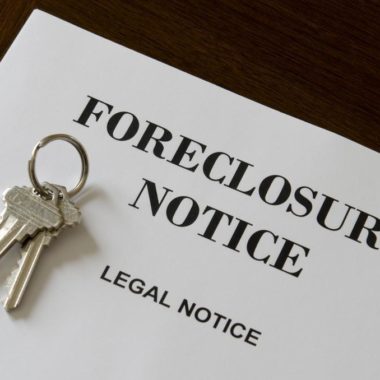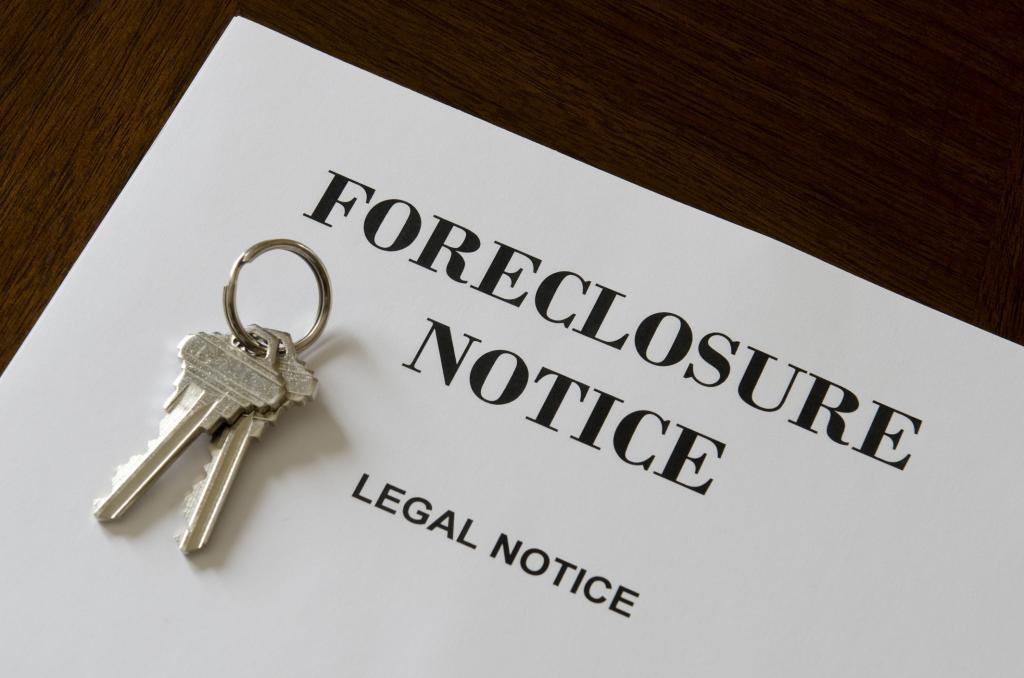3-STEP GUIDE TO KILLER LISTING PRESENTATIONS

In the real estate business, the old adage stands – “If you list, you last!”
It doesn’t matter how you dress up your presentation or how many bells and whistles you add to it, if your presentation does not impress – you won’t get many listings. This simple 3-Step guide can help you rock your presentations and get more listings.
Step 1 – The phone call Getting accurate preliminary information is a prerequisite for your presentation. Having a list of questions ready when a prospect calls you about the possibility of listing their house, is step one. Very often, the first phone call from a homeowner is the place to gather as much information as possible about the homeowner and the property, regardless of whether you plan to follow a one-step or two-step presentation process.
The more the information you get, the better your chances of cross-referencing the listing and understanding the various nuances attached to a sale. Don’t hesitate to ask simple questions such as:
- Where did you hear about me?
- Why are you selling your property?
- By when do you need to sell? Is there an urgency to the sale?
- Do you have a price in mind?
- How did you arrive at the price? How flexible are you with this price?
- Are there any financial considerations I should know?
- Does the property have any legal issues that can affect listing?
- Has your home had any renovations, additions or major repairs?
- What makes your home stand out from your neighbors’ homes?
- Can I meet with all the decision-makers?
Step 2 – The comps With the basic information, you will already have some idea of property, location, and its Saleability. But without knowing the home-seller’s area, it won’t be of much use. So, the next step would be a drive-by of sold listings in the home-sellers area and visit every home in the area that is on the market. This is the best way to ensure that you’re aware of all of the various negatives and positives of the listing presentation itself and also other homes in the seller’s neighborhood.
Hidden damage to the exterior or patio can be a damper to the listing, just as dilapidated signage or broken lighting can. Just driving through the area, you can come to understand the general state of affairs in the neighborhood. This will also help to understand what investment into the property will yield the best return.
With all of this information, you can move to step three – compiling the CMA for your new listing.
Step 3 – Compiling the presentation Whether you choose a fancy presentation on your laptop or the older printed & bound format, a good listing presentation is like a good book with a “beginning, middle and end” and it should engage the seller from the first page itself. Other than the presentation, pay attention to these “deal-makers”.
- Solid delivery: Rehearse your pitch a number of times before you arrive at the seller’s home, so it comes across as confident and convincing. Engage the homeowner by asking questions, smiling, explaining, and guiding. But do not be overpower at the same time.
- Positive body language: Engage with the homeowner in a friendly manner and ask probing questions, without coming across as overbearing or aggressive.Maintain eye contact, especially while making an important point and demonstrate concurrence by nodding your head or smiling where appropriate.
- Be attentive: In order to get the full picture, you truly need to remember what the homeowner is telling you. If you do not have an answer ready, make a note and tell them you will get back to them – and do that. Asking the right question, and noting responses demonstrates that you are listening and what they the seller is saying is indeed important to you.
- A single agent please: Even if you are teaming with two or more agents, only one should go on the listing presentation. More than one is overkill and can be construed as a desperate move on your part.
There is no beating the feeling of walking out of a homeowner’s house knowing you absolutely nailed that listing presentation.
Follow this simple guide and make it happen!










